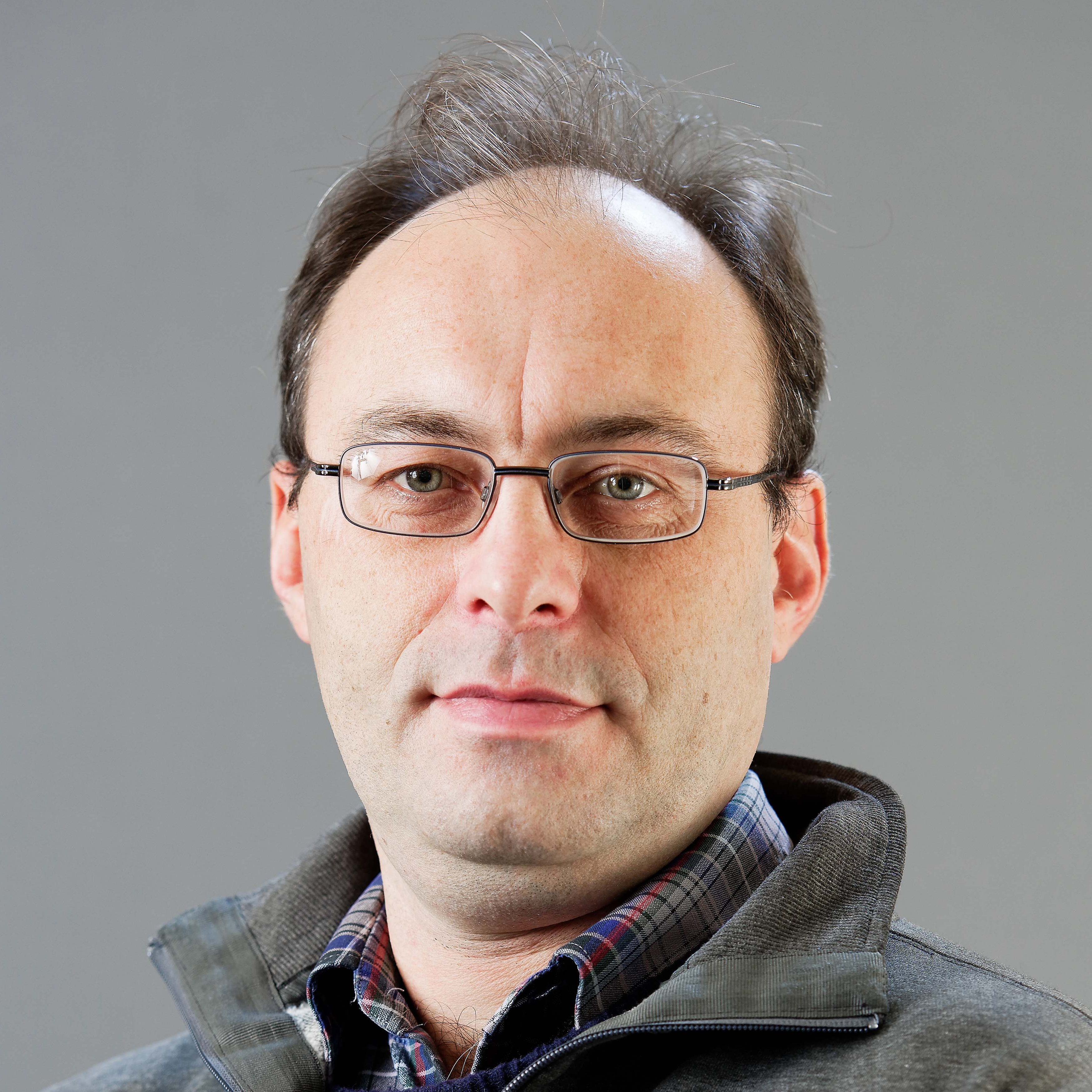
DECIDE - Decoding Cities for Informed Decision Making
About DECIDE
DECIDE is a Marie Skłodowska-Curie Actions Project hosted at the Welsh School of Architecture – Cardiff University.
Background
In modern cities, effective decision-making relies on accurate scenarios and actionable information. As urban areas face complex challenges such as climate change adaptation, rapid population growth, economic disparities, and the push for digital transformation, the availability of robust data – and systems in place to decode it, and inform it – becomes crucial for shaping transitions towards more sustainable and equitable policies.
However, traditional data-driven or model-driven scenarios often fall short of delivering the nuanced insights required by stakeholders and needed for comprehensive urban planning, which hinders the ability of policymakers to predict and manage the outcomes of their decisions accordingly. This presents an opportunity to experiment and prototype an outcome-driven decision support system, able to cater for fit-for purpose scenarios, assessing viable solutions with regards to how they change in accordance with ever-changing constraints, and effectively communicating outcomes to the users.
Objectives
The DECIDE project is structured around attaining three objectives:
- 1. To produce network-based models capable of analyse, describe, and foresee changes in movement dynamics and that reflect in mobility-related decisions, then integrate them to data from other knowledge domains – creating Multi-Domain Models (MDMs).
- 2. To prototype a DSS framework (core back-end/front-end) that can recover and plug-in MDMs data and be capable of enabling just-in-time scenario evaluations for decision-making processes at different geographic scales (micro-urban, urban, regional).
- 3. To test the DSS user-friendliness and efficiency of together with stakeholders in real-case scenarios, tailor the prototype system to be outcome-driven, then establishing a framework that can be further transitioned into implementation.
Methodology
In DECIDE, design and communication assume a pivotal role in the planning and making of built-environments as these activities align with the essence of design choices. Merging different knowledge-domains within a decision-support system requires an exercise of design, towards creating a prototype that is capable of providing scenario simulations and conveying them intelligibly for non-expert users. These are a crucial aspects of an outcome-driven strategy.
- In outcome-driven strategies, the main objective is to simulate scenarios that are fit-for-purpose, i.e. tailored to the expectations, constrains and levels of understanding of the user/stakeholder/decision-maker, thus raising their awareness about the potential impacts of their decisions.
As the focus of these strategies is to recognize how desired decisional outcomes can be achieved considering the requirements and existing constrains, identifying what are the key decisions and indispensable datasets – or the core elements – required for the attaining expected outcomes becomes essential. Communication of actionable information is then key, as models supporting the decision processes should have only the necessary information to answer specific questions and data collection activities focus on sufficiency rather than quantity.
As urban spaces are defined by movement, DECIDE has configurational analysis as the core of its decision support system prototype. Interpreting cities as networks, provides an overview of the socio-spatial characteristics of each individual place. These models cater for accessibility and routing, as well as redundancy, aspects that can be merged to other knowledge-domains to inform decisions about several aspects of the urban environment.
DECIDE Knowledge Domains
The research developed in the DECIDE project is set to integrate Multi Domain Models MDM’s into a Decision Support System Prototype to address multiple factors that influence in cities’:
- Liveability: how urban form, natural environments, and cognition determines individual’s movement patterns, preferential routes’ choice, and places of gathering; which areas, due to territorial imbalances in accessibility/visibility can be propense to the development of antisocial behaviours, degradation, or deprivation; models and data from different domains can support actions to identify and mitigate such aspects.
- Functional or economic sustainability: how living areas, public services and economic activities are placed within the territory and how their uneven distribution can potentially create imbalances; how the use of certain urban spaces and public services is affected by accessibility, and how adequate is the interface between public space, buildings, and movement, interpreting those aspects can guide actions to promote the sustainable economic (re)use of such spaces.
- Environmental sustainability: interpreting urban movement dynamics can guide the implementation of actions oriented towards cities’ decarbonisation – emissions reduction through pedestrianisation – plus cycling and fleet electrification, by identifying optimal spots to localise the mobility equipment or vehicle charging stations.
- Hierarchical relationships: what are the minimal functional requirements to a sustainable community, and what are the relationships among the communities in a city? Integrating multiple-domains is the basis for applying the 15-minute city or X-minute city in practice and can guide actions oriented to better adapt these concepts to different demographic requirements and kinds of urban-regional areas’ organisation.
- Disaster-risk reduction and mitigation: where the urban-regional road-networks present accessibility bottlenecks or low redundancy areas; these aspects can identify territorial vulnerabilities and, associated to other domains, be used to develop comprehensive risk indicators to inform emergency, risk-reduction and mitigation planning.
Those different domains are to be integrated into a user-oriented framework which is to be tested in collaboration with stakeholders, to provide the basis for DSS that is able to provide outcome-driven solutions to urban-regional issues.
Funding
This research receives funding from the United Kingdom Research and Innovation Post Doctoral Fellowship Guarantee Scheme, set over the European Union’s Horizon Europe – Marie Skłodowska Curie Actions Post Doctoral Fellowships. UKRI Grant no. 101107846-DECIDE/EP/Y028716/1

Project Team - WSA

Ms. Grace Wilson
DECIDE On Campus Intern - LTA Summer Placement 2024

Mr Henry Wilford
DECIDE On Campus Intern - LTA Summer Placement 2025



